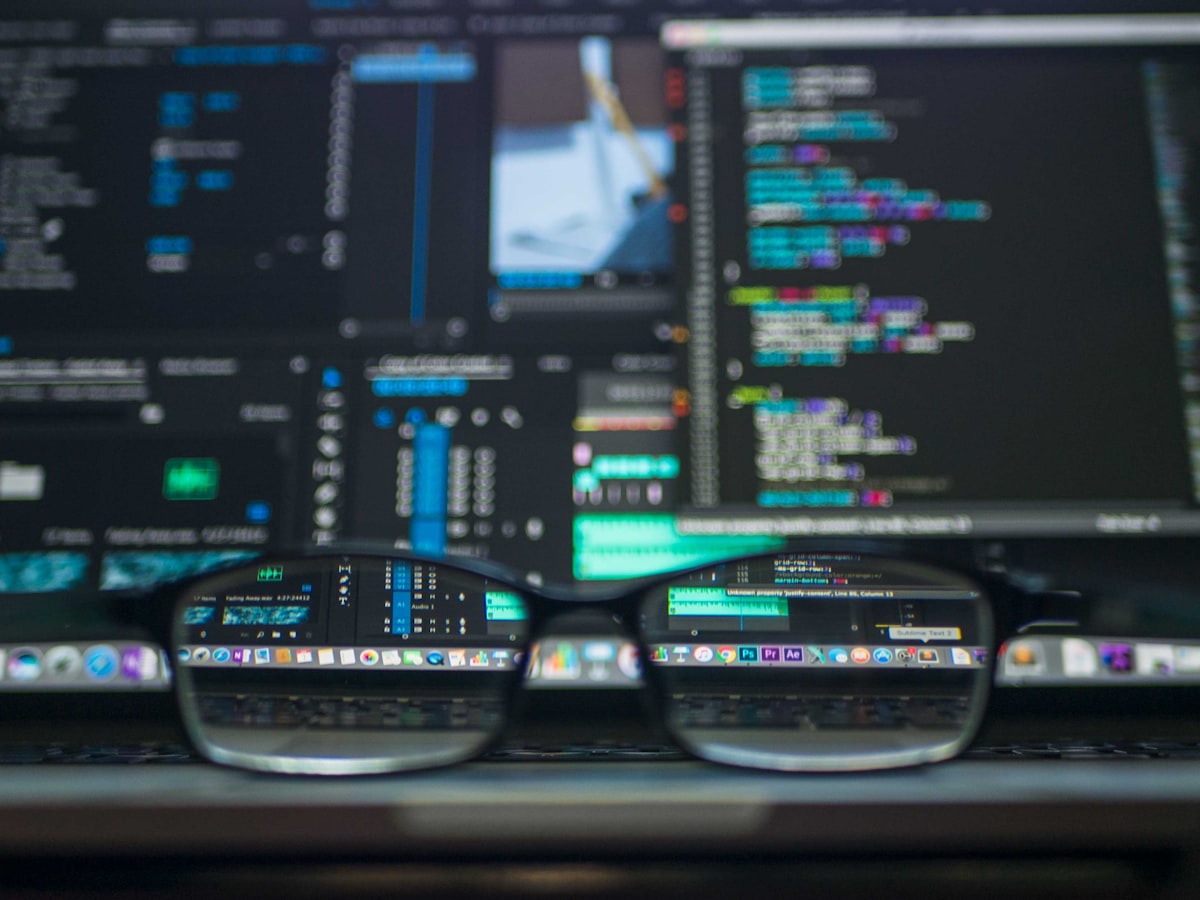AI and Developer Ecosystem
There is a lot of buzz in the industry about the developer role and how AI will influence it. This article covers some questions with the help of an industry leader in this space

There is a lot of buzz in the industry about the developer role and how AI will influence it. There is also a fair amount of tension between open and closed AI. I am curious to hear more from the leaders in the developer ecosystem on this topic. This is when I thought who is better than Thomas Lockney, my dear friend and the Engineering Leader of the HubSpot Developer Platform group, to discuss this. We have chatted about this topic a few times and I got the opportunity to sit down and pick Thomas’s brain more. Sharing our discussion for the broader community!
Could you share your background in the Developer ecosystem and AI. What’s your career journey into your current role looks like?
Thomas: Throughout my career, I've focused on creating scalable and reproducible platforms, systems, and tools. This experience made it clear to me the importance of effective developer tools. My current role at HubSpot leading the Developer ecosystem involves applying this platform-centric approach to develop tools and experiences beneficial for developers.
I've also been actively engaged in the tech community since moving to Portland in 2005, contributing to local user groups, like PdxRuby and founding tech initiatives like DorkbotPDX and PDXScala. My work at Nike included launching an open source program, fostering an internal engineering community, and conducting a very successful public tech talk series. These experiences deepened my understanding of developers' needs.
I have been interested and fascinated by AI since I was a kid. That’s what led me to software engineering. I started focusing more on AI as big data evolved and I was able to see how effective use of data could drive interesting applications. At Nike, I collaborated with data science teams on early machine learning applications for their fitness apps and marketing communications platform.
That is one impressive journey and now you’re shaping HubSpot’s developer platform strategy. Why should leadership of any SaaS company take developer persona seriously as they grow their company?
Thomas: Running a SaaS company means that there are always going to be some use cases and needs that can’t be solved with the “out of the box” experiences. This is one of the important areas where the developer capabilities come into the picture. Allowing developers to solve for needs and use cases that companies can’t anticipate means they can unlock untapped market segments. But to do this effectively, companies need to treat themselves as a platform and think in terms of extensibility across the board. This is an effective strategy to grow your market while fulfilling customers’ needs.
You have highlighted that companies can expand their market by allowing external developers to build on their platform. With the advancements in AI, some companies are now being more cautious in opening access to their APIs, data, etc. What’s your recommendation to the companies looking to balance their in-house development with innovation from the developer community at large?
Thomas: There is no one strategy here, but I would recommend taking the eyes-wide-open approach for scaling companies, meaning evaluating the level of risk you’re willing to take. Companies that close down their platforms or take zero risks will not excel because they are excluding a large developer community from extending their product. This will hinder their market expansion per my earlier point. Instead they should build systems to track the api and data access to mitigate the risk of abuse and ensure responsible AI practices are being followed. Companies should also deliberate what data truly gives them advantage and accelerate their in-house development focusing on those datasets.
This brings me to the question of how the developer role is changing. Generative AI and Code Generation models have seen significant growth in the last few years. What do you see changing in the developer community?
Thomas: Most of where I’m seeing the impact with the current state of the art is around developer productivity. While these tools have made dramatic strides in the last couple of years, they still rarely produce solutions that can be used without some knowledge of the context and still often produce code that is broken in ways that can be hard to spot without deep understanding of the problem domain, language capabilities, etc.
Some people are claiming that developers can be removed or replaced by product managers. I don’t believe that will happen in the foreseeable future. We will still need developers with technical ability to detect problems. The code gen tools are helpful in reducing the tedious aspects of coding, like writing boilerplate code or remembering function signature. Developers are getting better at leveraging these tools for unblocking themselves. They should use them for sketching out a problem, debugging with interactive dialogue and asking for feedback. Good engineers who are skilled in translating the needs to code and spot the problems will continue to remain in demand.
Has your hiring and team growth strategy influenced by what’s happening in the AI?
Thomas: Advancements in AI haven't influenced my hiring strategy, it is still influenced by business needs. Engineers with solid development practices are still what I look for while hiring. If anything, the new tools have made AI more accessible to developers.
What is your recommendation for the new developers entering the industry?
Thomas: I would recommend sticking to the foundational development practices and not get overly dependent on these tools in the beginning of your career. Use them to enhance your understanding of the problem space, but develop your own reasoning to spot problems. All engineers should spend a considerable amount of time understanding the business problem.
I also think teachers will play a crucial role here. They will have to coach the students in learning the context of the problem and what good solutions look like. They will have to get creative in coming up with problems that requires more reasoning and not just understanding of data structures and algorithms
Anything else you would like to share with the readers?
Thomas: The code generation tools still have ethical and legal dilemmas that need to be addressed. Don’t walk blindly into this space without being aware of those challenges and keeping in mind the steps that may be necessary to address the challenges as they come up. The current lawsuit the New York Times has filed against Microsoft and OpenAI could set precedent for things to come, not to mention that it’s possible we’ll get more insight into the ethical framing of these new tools.
At the same time as all that’s unfolding, it’s again worth emphasizing that it’s an exciting, though uncertain, time to be in the world of technology. For newcomers, young students considering future career paths, or people looking to pivot into tech, don’t let these tales of AI doom sway you from pursuing this opportunity. If anything, we need a bigger dose of humanity in the mix.
Checkout more of Thomas's thoughts here
